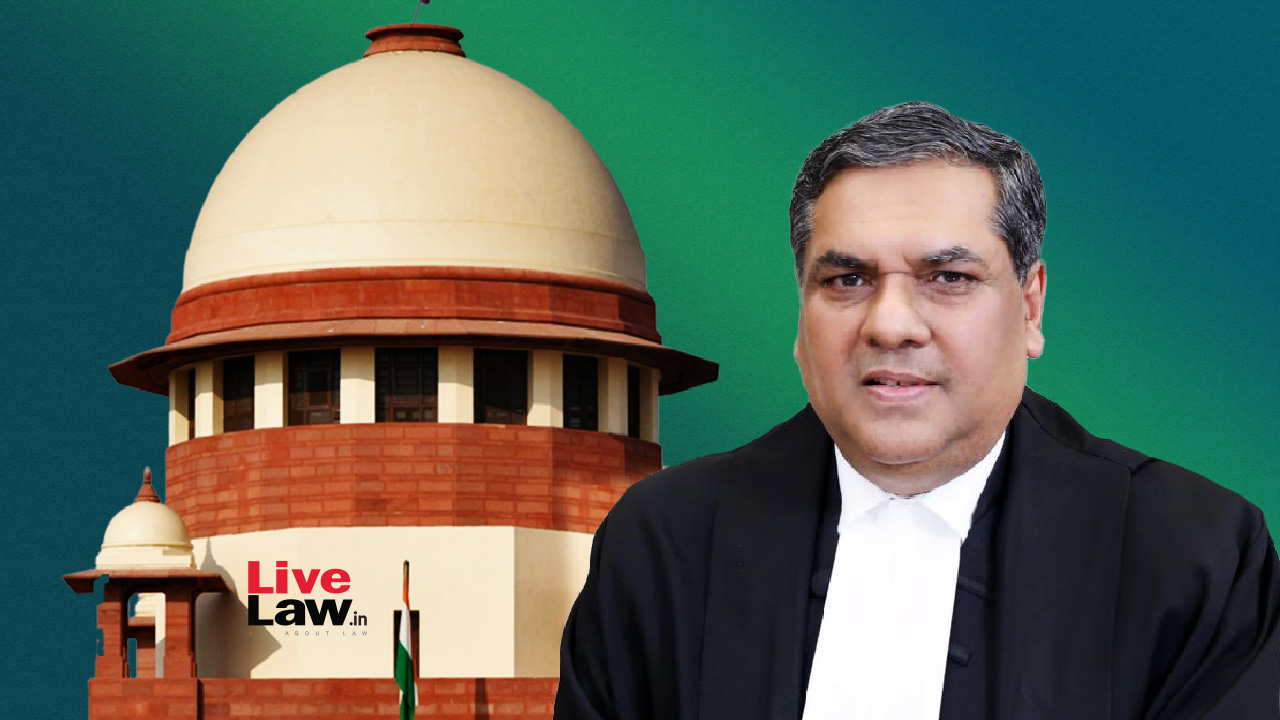 |
|
Justice Sanjiv Khanna, the newly appointed Chief Justice of India, has outlined a clear vision for his tenure, emphasizing accessibility, efficiency, and simplification within the Indian judiciary. His priorities, as outlined in his inaugural address, aim to address the systemic challenges plaguing the justice system, particularly the issue of lengthy case backlogs. He envisions a judiciary that is more responsive to the needs of citizens, with a focus on making judgments more comprehensible and accessible to the general public.
Khanna recognizes the critical role of the judiciary as a pillar of democracy, safeguarding constitutional principles and fundamental rights. He emphasizes the need for equal treatment before the law, regardless of social standing or financial resources. His vision extends to reforming criminal case management, with a commitment to streamlining procedures and reducing trial durations. This focus on efficiency is crucial in ensuring timely justice and minimizing the burden on individuals entangled in legal proceedings.
At the heart of Khanna's approach is a citizen-centric focus, with a commitment to making courts more approachable and user-friendly. He aims to cultivate a responsive and feedback-driven environment within the judiciary, fostering greater engagement with the public. Promoting mediation as a primary means of resolving disputes is another key component of his vision. By encouraging alternative dispute resolution mechanisms, he seeks to alleviate the burden on the court system and provide more efficient and cost-effective solutions for individuals and businesses.
The challenge of reducing case backlogs is a pressing issue for the Indian judiciary. The backlog, which represents a backlog of unresolved cases, creates significant delays in delivering justice and can have a detrimental impact on individuals and businesses. Khanna's commitment to addressing this backlog is a significant step towards creating a more efficient and effective justice system. His focus on simplifying judgments, reforming case management, and promoting mediation are concrete steps towards achieving this goal.
